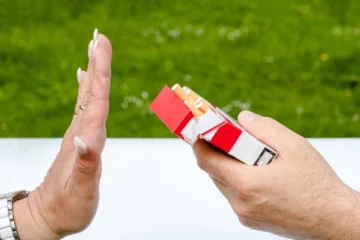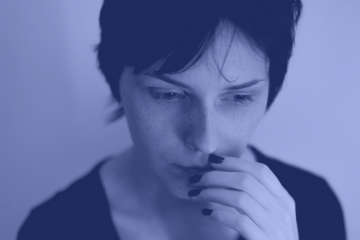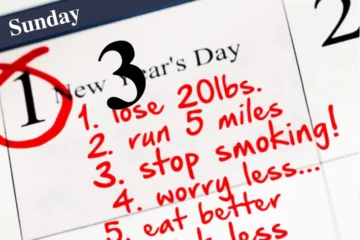A lot of people struggle with anxiety disorders, stuck for too long in an unhealthy state, ending up with no motivation for anything.
To get unstuck, do something.
I know first-hand that the suggestions below can help you more than you might think. You might have to get over that bump of increased anxiety (“Doing something new! Aaaaarrrgh!”). Trust me, it will be worth it!
IMPROV CLASSES
When I mention this to clients, they think I might have gone mad and am not listening to them talk about their anxiety. I know this might scare the bejesus out of you at first thought but hear me out.
The goal of improv is to provide a safe, encouraging, judgement-free place to play. You don’t need to have the wit of Robin Williams; you just follow some simple instructions. And if you fail, guess what: it doesn’t matter!
You will make mistakes, everybody will, and you move on. The games can lead to stupid and hilariously surreal scenes. You learn to express yourself, learn to be silly again and enjoy the freedom of playfulness.
More people than you might think attend those classes, so you will be made to feel welcome. It’s very likely that the “regulars” there know exactly how you feel when you cross the door for the first time. Check out Improv Gym
MARTIAL ARTS
I’m partial to this one, being an Aikido instructor myself (Genryukan Aikido). Martial arts have also helped me very directly when coping with depression and anxiety.
Here too, walking through the door the first time will be the hardest thing. Martial arts clubs are not “Fight Clubs”, they are schools. You don’t need to be fit, flexible, young or know how to fight to join. Obviously, you will be rubbish at it when you start. Just remember that the instructors love welcoming new students and help them develop and grow. They are there to support, motivate and challenge you in a positive way.
Whether you want to join a vigorous style such as Karate or Kungfu (Canterbury Martial Arts Centre) or choose to go for a gentler style such as Tai-Chi or Aikido, you will get a lot of benefits.
One of the first things you’ll learn is how to control yourself. You’ll develop better posture, control your breathing and relax. You’ll also learn new ways to deal with aggressive behaviours in a safe way. A lot of the principles will also help you deal with challenges in life (grounding, relaxation, blending, etc…). You will also naturally make new friends and learn to kick-ass. If nothing else, it will give you a couple of hours to leave all your worries to the side while you focus on this very absorbing activity.
You’ll also get all the benefits of exercising.
EXERCISE
When you’re struggling with an anxiety disorder, your body gets flooded with adrenaline, cortisol and other chemicals. Your brain is trying to give you the best chance to either run fast or fight hard by supercharging your metabolism. This mechanism is very efficient and very useful in a life-and-death situation.
The issue is that when it becomes a chronic condition, it takes its toll on the body. Exercising is a great way to use all that pent-up energy. You can go to the gym, join a yoga class (Yoga Cheriton), go swimming or just go for a jog. It doesn’t have to be intensive. If you feel worn out, you might still be able to just walk the dog, or simply go for a walk on your own. You also get the added benefit of getting fitter in the process.
Get out, change the scenery, clear your head.
Obviously, those suggestions are not a substitute for therapy, and if your condition is severe, talk to your GP, talk to us, talk to any therapist you feel comfortable with. Get help, it’s out there.



